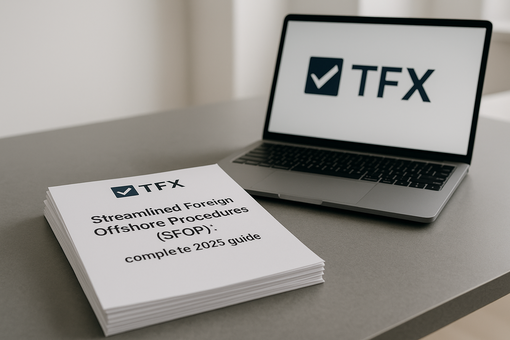IRS reminds taxpayers of options and deadlines for filing taxes
Electronic filing and direct deposit
With the April 15 tax deadline approaching, the IRS encourages taxpayers to file their federal income tax return electronically and request direct deposit.
This method reduces errors and prompts taxpayers for missing information.
Most people qualify for electronic filing at no cost and, when they choose direct deposit, receive their refund within 21 days.
Also read – Expat tax due dates and deadlines
Free filing options
- IRS Free File guided tax software: Taxpayers with income of $79,000 or less in 2023 can use IRS Free File guided tax software now through Oct 15. This software helps users navigate through the tax filing process and can help prevent common errors.
- IRS free fillable forms: Available at no cost to taxpayers of any income level, IRS Free Fillable Forms allow individuals to fill out and e-file their taxes themselves. While not as user-friendly as guided tax software, they provide a free electronic filing option.
- IRS direct file pilot program: This program is now open to all eligible taxpayers in 12 pilot states. It allows taxpayers to file their 2023 federal tax returns online, directly with the IRS, for free.
Assistance programs
- Volunteer Income Tax Assistance (VITA) and Tax Counseling for the Elderly (TCE) programs: These programs offer free tax return preparation to eligible individuals in the community. IRS-certified volunteers provide assistance in preparing basic tax returns.
- MilTax: A Department of Defense program, MilTax generally offers free return preparation and electronic filing software for federal income tax returns and up to three state income tax returns for all military members, and some veterans, with no income limit.
Checking refund status
Taxpayers can use the Where's My Refund? tool to check their refund status within 24 hours after e-filing a 2023 tax return, three to four days after e-filing a 2021 or 2022 return, and four weeks after filing a tax return by mail.
NB! The tool updates once a day.
Payment options
The IRS offers various options for taxpayers making tax payments:
- Direct pay: Make a payment directly from a checking or savings account without any fees or registration.
- Debit card, credit card, or digital wallet: Make a payment directly from a debit card, credit card, or digital wallet. Processing fees are paid to the payment processors, not the IRS.
- Electronic Federal Tax Payment System (EFTPS): This free service allows taxpayers to pay individual and business taxes by phone or online. Taxpayers can enroll and find more information at eftps.gov.
- Electronic funds withdrawal: Taxpayers can file and pay electronically from their bank account when using tax preparation software or a tax professional. This option is free and only available when electronically filing a tax return.
- Check or money order: Payments made by check or money order should be made payable to the “United States Treasury.”
- Cash: Taxpayers can make a cash payment through a retail partner and other methods. This option involves a four-step process, so taxpayers choosing this option should start early. Details are available at IRS.gov/paywithcash.
Payment plans
Taxpayers unable to pay in full by the tax deadline can apply for a short-term or long-term payment plan.
While interest and late-payment penalties continue to accrue on any unpaid taxes after April 15, the failure to pay penalty is cut in half while an installment agreement is in effect.
Tax-filing extension
Individuals can request an automatic tax-filing extension through IRS Free File by filing a Form 4868.
Tax-filing extension requests are due by the tax deadline date, and it does not give an extension of time to pay the taxes.
Avoid some penalties by estimating and paying the tax due by the tax deadline.
Special rules
Special rules for tax deadlines and automatic tax-filing extensions may apply for taxpayers serving in a combat zone or qualified hazardous duty areas, living outside the United States, and people living in certain disaster areas.
They may not need to submit a tax-filing extension; however, people should check to see if they qualify before the tax deadline.



